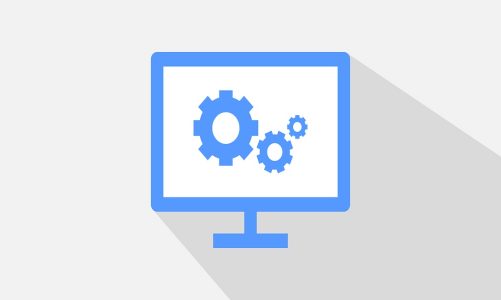In the shifting sands of healthcare, the stalwart of patient outcomes often rests on the quality of nursing education. As medical techniques advance and patient needs grow more complex, the health industry recognizes a vital need for clinically adept nurses who continually learn and adapt.
Table of Contents
Key Takeaways:
- High-caliber nursing education is critical to delivering superior patient care.
- Emerging technologies and teaching methodologies are reshaping nursing education.
- Ongoing education and advanced degrees are crucial for nursing career advancement.
The Core Components Of Advanced Nursing Education Programs
The backbone of any robust nursing education program lies in its curriculum, blending rigorous academic work, comprehensive clinical training, and state-of-the-art technological resources. Such programs are meticulously designed to challenge and motivate nurses, pushing them to master complex clinical concepts and hands-on patient care techniques. It’s not just the knowledge nurses glean from textbooks; much value comes from real-world applications and interactive simulations that mimic the unpredictability and dynamism of an actual healthcare environment. A comprehensive approach through an online masters in nursing education can tether the gap, ensuring patient outcomes align with contemporary care standards.
Challenges Facing Nursing Education Today
Today’s nursing educators face the arduous task of preparing nurses for an industry in flux. A daunting deficiency in nursing staff across the globe, compounded by technological advancements and diverse patient demography, calls for a revolutionary approach to how nursing is taught. The task is arduous but manageable. By embracing adaptive learning techniques and fostering resilience and flexibility, nursing programs can stay ahead of the curve, equipping healthcare professionals to tackle these challenges head-on.
The Impact Of Quality Nursing Education On Patient Care
It is increasingly clear that there exists a definitive link between the level of nursing education and patient care outcomes. Enhanced knowledge and elevated competencies directly translate to more adept handling of the intricate layers of patient care. The pursuit of an advanced degree, such as the acclaimed online master’s in nursing education, builds upon a nurse’s experience, fortifying them with the expertise to lead in patient management and health education and to innovate health practices that elevate their purpose beyond the bedside.
Evolving Teaching Methods In Nursing Education
The chalk-and-talk teaching of yesteryears is giving way to a new era of nursing education that champions interactive, patient-centered learning over rote memorization. Online education programs proliferate this category, extending their reach to remote corners, providing flexible schedules, and accommodating various learning styles. As these methodologies evolve, they pave the way for a more inclusive and proficient nursing workforce geared to meet tomorrow’s healthcare challenges.
The Future Landscape Of Nursing Education
Peering into the crystal ball of nursing education reveals an exciting horizon. The line between technology and care is blurring, with simulated patient experiences and VR becoming commonplace in training programs. The goalposts for nursing education are moving towards a more immersive, holistic learning experience that approximates real-world scenarios more closely than ever. To keep up with these changes, nursing programs must remain agile, embedding these trends into the core of their teaching approaches.
Benefits Of Pursuing An Advanced Degree In Nursing Education
Pursuing an online master’s in nursing stretches far beyond personal advancement; it is a step towards impacting healthcare at a systemic level. With such credentials, nurse educators ascend to leadership roles and shape future nursing cohorts’ minds and practices. The ripple effect of this advanced knowledge enhances healthcare practices and, ultimately, improves patient care standards.
Strategies For Continuing Education For Nursing Professionals
Learning never stops for those in the nursing profession. The rolling stones of medical breakthroughs and evolving healthcare policies necessitate a commitment to lifelong education. This may manifest as formal degree programs, certification courses, or informal learning opportunities—all sustaining the vital pulsation of a nurse’s career. Such continuous engagement ensures that nurses remain updated and ready to practice at the forefront of healthcare innovation.
The paradigm shift in educational methods in nursing is not just a fad but a deliberate response to the needs of a transforming sector.
Also Read: How Does Artificial Intelligence Affect Online Education?



